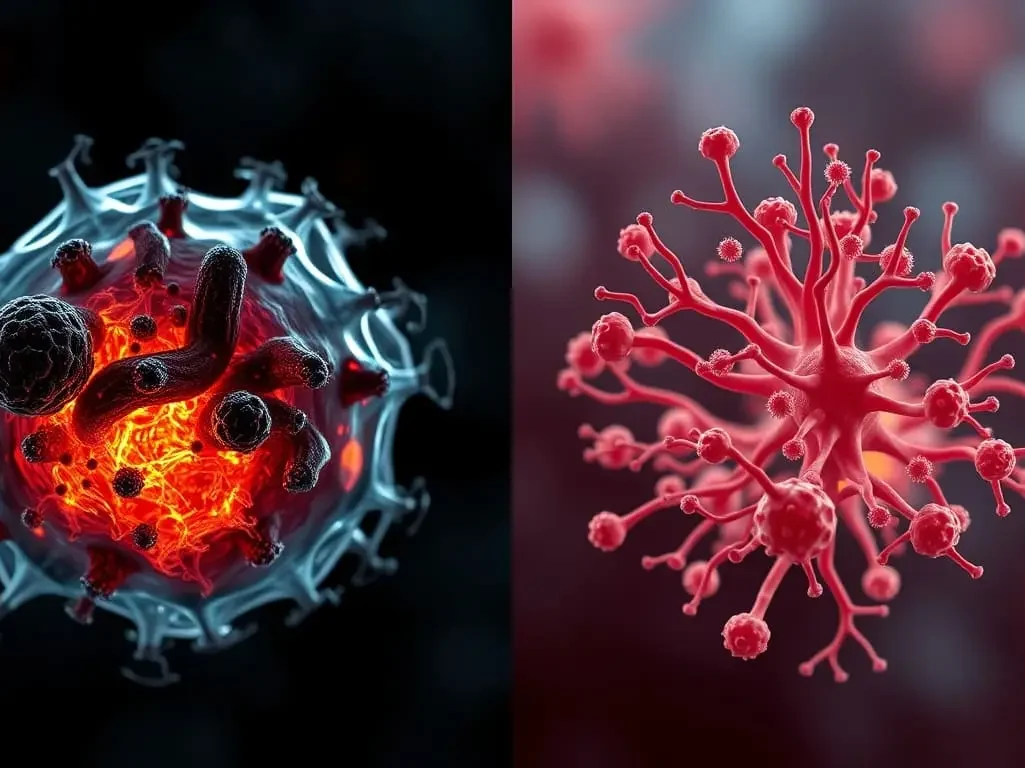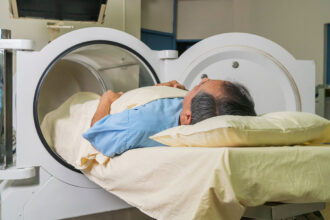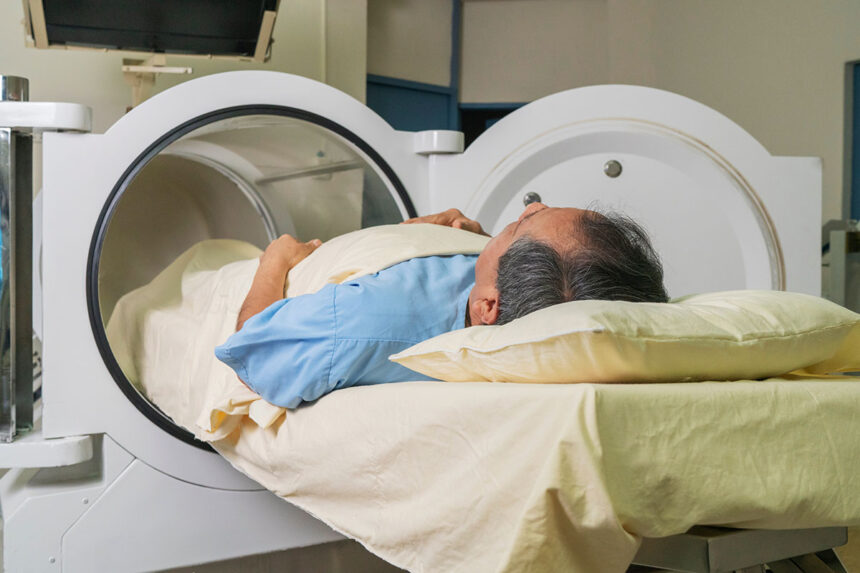The human gut is home to trillions of microorganisms that form a complex ecosystem known as the gut microbiota. This diverse community includes bacteria, viruses, fungi, and other microbes that play a critical role in digestion, immunity, and overall health. Recent research has revealed that the gut microbiota not only influences our daily well-being but also has a profound impact on aging and longevity.
The gut microbiota is the gatekeeper of health and disease, profoundly influencing the aging process and our lifespan.
Dr. Alessio Fasano, Director of the Center for Microbiome Research at Massachusetts General Hospital
This blog explores the connection between gut microbiota and longevity, drawing on the latest findings, including data from a study published on PubMed (PMID: 33859765).
The Role of Gut Microbiota in Aging
Aging is accompanied by various physiological changes, including shifts in the composition of the gut microbiota. These changes can disrupt the delicate balance of microbial populations, known as dysbiosis, leading to inflammation and age-related diseases.

Key Functions of Gut Microbiota
- Nutrient Absorption: Gut microbes break down complex carbohydrates, synthesize essential vitamins, and aid in nutrient absorption, supporting overall health.
- Immune Regulation: The gut microbiota plays a central role in training the immune system, helping to fight infections and prevent autoimmune conditions.
- Inflammation Control: A balanced microbiome reduces chronic low-grade inflammation, a hallmark of aging and many age-related diseases.
- Metabolic Health: By influencing metabolism, gut microbes help regulate weight, energy levels, and blood sugar.
How Gut Microbiota Influences Longevity
1. Promoting Healthy Aging
A 2021 study (PMID: 33859765) demonstrated that maintaining a diverse and balanced gut microbiota can enhance longevity by improving metabolic health and reducing inflammation. In animal models, alterations in gut microbiota were linked to longer lifespans and delayed onset of age-related diseases.
2. Gut Microbiota in Centenarians
Research on centenarians—individuals who live to be 100 or older—shows they have unique gut microbiota compositions. These individuals often harbor higher levels of beneficial bacteria, such as Akkermansia muciniphila and Bifidobacterium, which are associated with reduced inflammation and enhanced gut barrier function.
3. Microbial Metabolites and Longevity
Gut microbes produce metabolites like short-chain fatty acids (SCFAs), including butyrate, which have anti-inflammatory and protective effects. SCFAs support gut health, improve insulin sensitivity, and may even influence brain function, contributing to longer and healthier lives.
Factors That Shape Gut Microbiota and Aging
1. Diet and Nutrition
- Diet is one of the most significant factors influencing gut microbiota composition. Diets rich in fiber, fruits, vegetables, and fermented foods promote beneficial bacteria.
- Conversely, high-fat, high-sugar diets can lead to dysbiosis and inflammation, accelerating aging.

2. Lifestyle and Environment
- Regular exercise, stress management, and sufficient sleep positively influence gut microbiota.
- Antibiotic overuse, environmental toxins, and sedentary lifestyles can disrupt microbial balance, increasing vulnerability to age-related diseases.
3. Genetic and Epigenetic Factors
While genes play a role in shaping the gut microbiota, environmental factors and lifestyle choices have a significant impact, especially as we age.
Potential Interventions for Longevity
1. Probiotics and Prebiotics
- Probiotics: Live beneficial bacteria that can be supplemented to restore gut balance. For example, strains of Lactobacillus and Bifidobacterium are associated with improved gut health and reduced inflammation.
- Prebiotics: Non-digestible fibers that feed beneficial gut bacteria. Foods like bananas, asparagus, and onions are rich in prebiotics.
A balanced gut microbiome not only supports physical health but also promotes resilience against age-related conditions and inflammation.
Dr. Rob Knight, Co-founder of the American Gut Project and Professor at UC San Diego
2. Dietary Changes
A diet emphasizing whole foods, diverse plant-based ingredients, and fermented products can enhance microbial diversity, promoting a healthier gut environment conducive to longevity.
3. Fecal Microbiota Transplantation (FMT)
Emerging research suggests that transferring gut microbiota from younger individuals to older individuals via FMT could restore microbial balance and potentially delay aging.
4. Targeted Therapies
Advances in microbiome research may soon enable personalized therapies, tailoring probiotic strains or dietary interventions based on an individual’s unique microbial composition.
Challenges in Research and Application
While the connection between gut microbiota and longevity is promising, several challenges remain:

- Complexity of the Microbiome: Understanding the precise roles of specific microbial species in aging is challenging due to the microbiome’s complexity.
- Interindividual Variability: The gut microbiota varies significantly between individuals, making universal recommendations difficult.
- Long-Term Effects: More research is needed to determine the long-term safety and efficacy of microbiome-targeted interventions for aging.
Future Directions in Gut Microbiota and Longevity Research
1. Microbiome-Based Biomarkers
Developing biomarkers derived from gut microbiota could help predict aging trajectories and identify individuals at risk of age-related diseases.
2. Precision Probiotics
Advances in genomics and artificial intelligence are paving the way for precision probiotics—customized strains designed to target specific age-related issues.
3. Integrative Therapies
Combining microbiome-based interventions with other longevity therapies, such as senolytics and telomere lengthening, may provide synergistic effects for extending lifespan.
Breaking Down the Barrier
The gut microbiota is an integral player in the aging process, influencing everything from inflammation and metabolic health to immune function and cognition. Maintaining a balanced and diverse gut microbiota is key to promoting healthy aging and extending longevity.
While the field of microbiome research is still evolving, the insights gained so far offer exciting possibilities for transforming how we age. By adopting microbiome-friendly diets and lifestyles, and exploring innovative therapies, we can harness the power of the gut microbiota to live longer, healthier lives.
Recent Insights into the Impact of Gut Microbiota on Longevity
“Centenarians Exhibit Unique Gut Microbiota Linked to Longevity”
A study found that centenarians possess unique gut microbiota compositions enriched with beneficial bacteria like Akkermansia muciniphila and Bifidobacterium, which promote reduced inflammation and enhanced gut health. These findings suggest a strong correlation between gut microbiota diversity and increased lifespan.
Read the full study here
“Gut Microbiota Modulates Aging and Healthspan in Animal Models”
Research published in Nature Aging demonstrated that transplanting gut microbiota from young mice to older mice reversed age-related inflammation, improved metabolic health, and extended lifespan. This highlights the therapeutic potential of microbiota interventions for aging.
Explore the findings here
“Diet-Induced Changes in Gut Microbiota Extend Longevity”
A recent study revealed that dietary interventions, such as increased fiber intake and reduced fat consumption, reshaped gut microbiota and delayed the onset of age-related diseases in mice, contributing to extended healthspan.
Discover more here
“Microbial Metabolites Support Healthy Aging”
Research identified gut-derived metabolites like short-chain fatty acids (SCFAs) as critical players in promoting longevity. SCFAs were shown to reduce inflammation, enhance mitochondrial function, and improve cellular health in aging models.
Learn more about this study
“Gut-Brain Axis and Cognitive Health in Aging”
A 2023 study highlighted the role of gut microbiota in maintaining cognitive health during aging. It found that certain gut bacteria improved brain plasticity and reduced neuroinflammation, protecting against age-related cognitive decline.
Read the insights here
These findings underscore the vital role of gut microbiota in influencing aging and longevity. While more human studies are needed, gut-focused interventions hold great promise for promoting a longer and healthier life. Always consult a healthcare professional before making dietary or therapeutic changes targeting the microbiome.

























